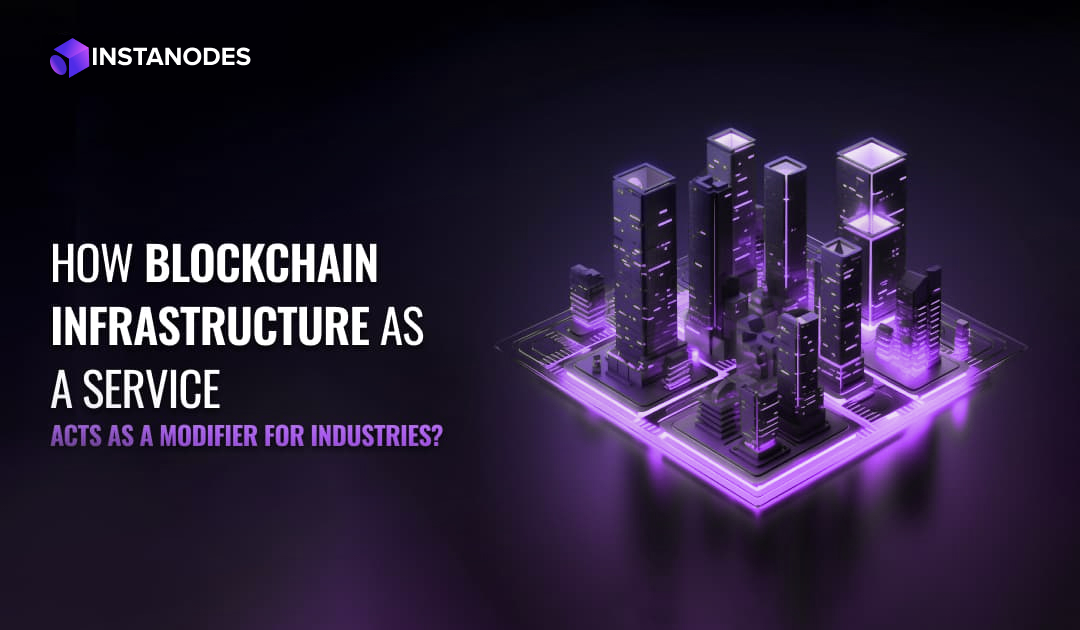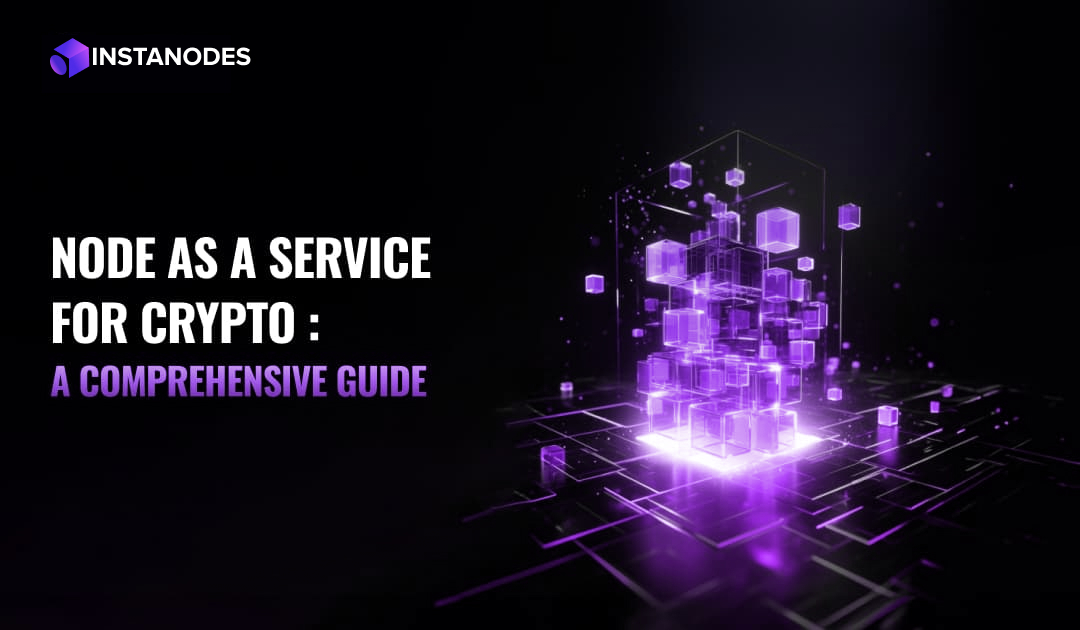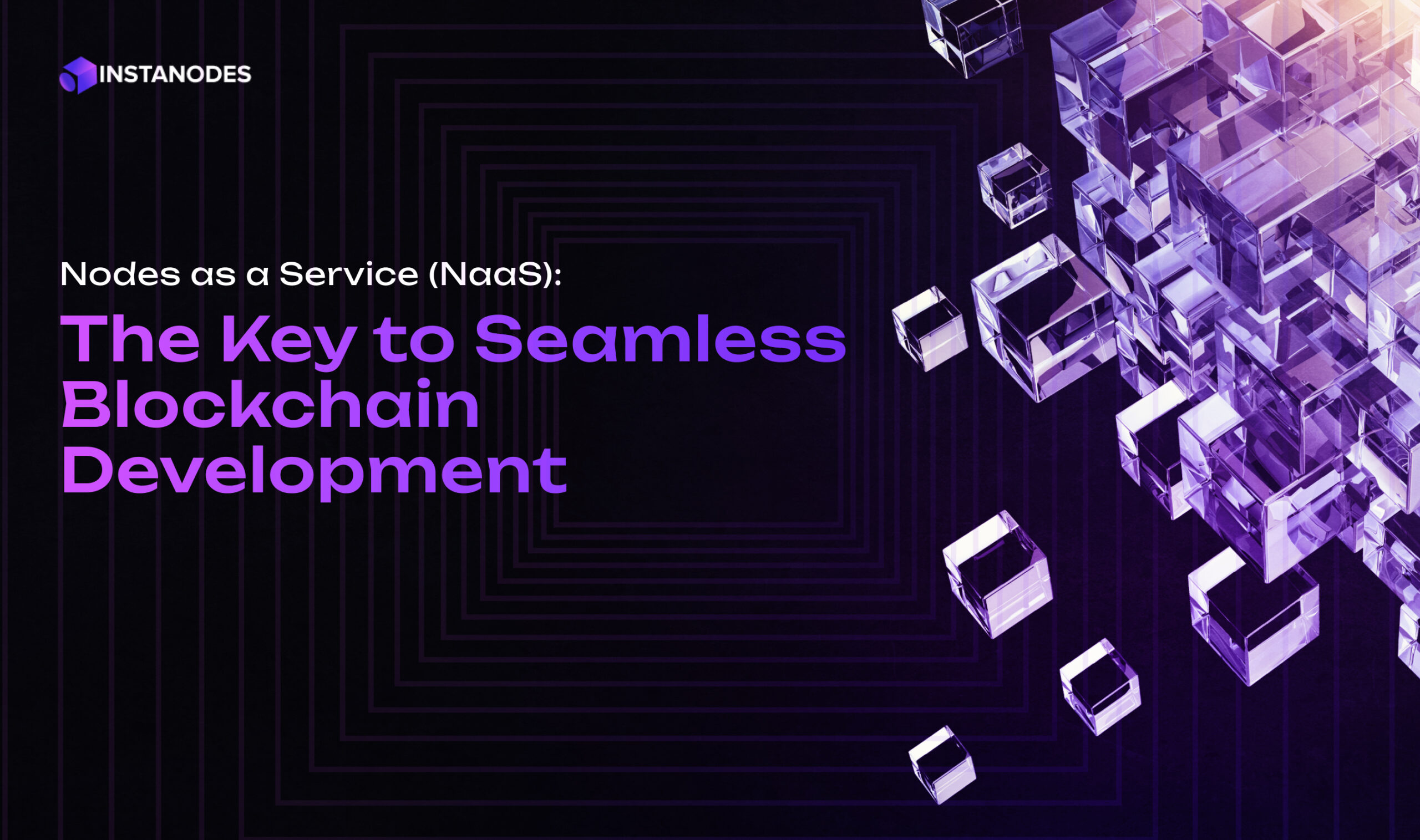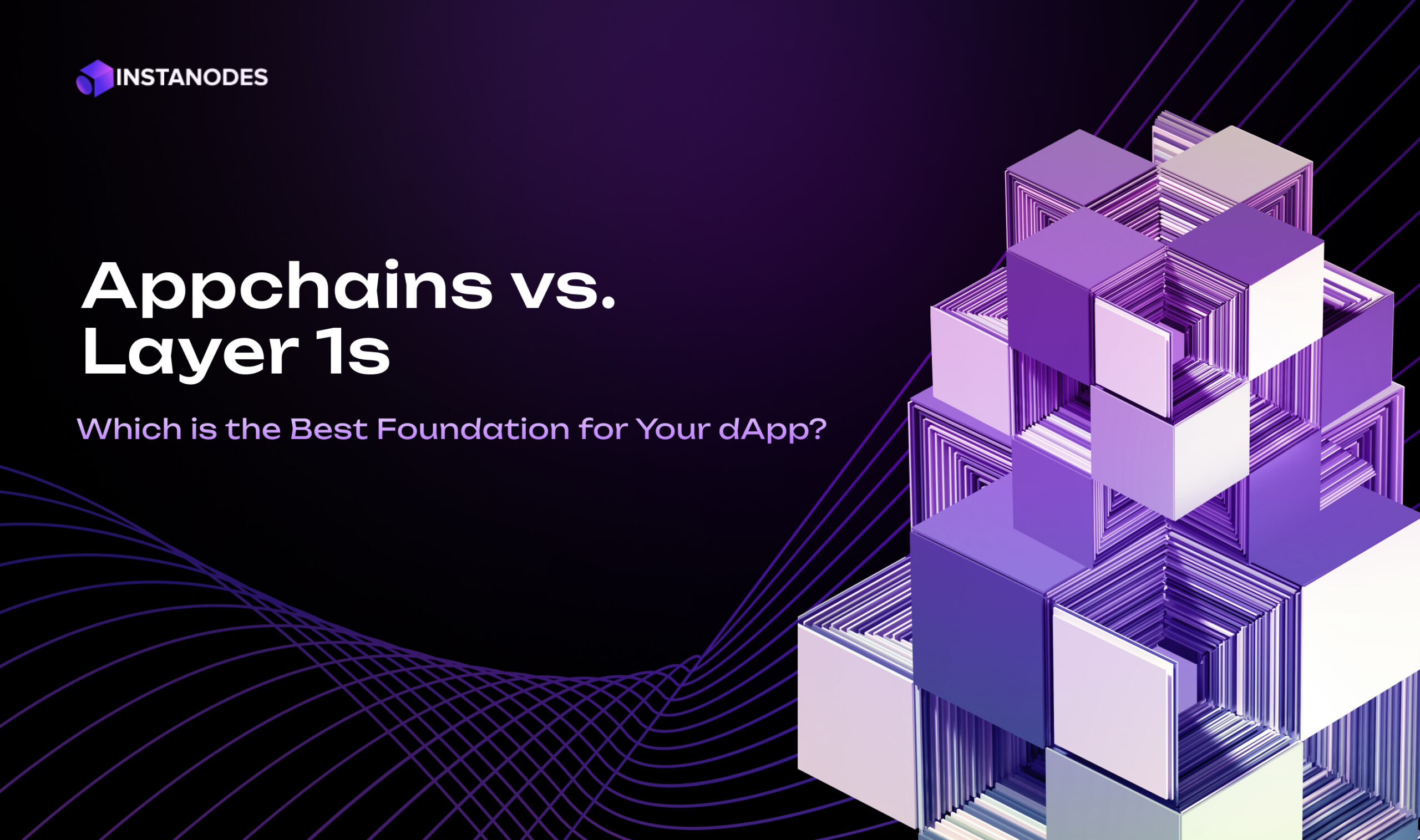Blockchain game developers usually find it challenging to deliver smooth and responsive gameplay to attract players. However, once the game start to become famous, the number of players joining the platform can reach millions in numbers. In such a situation, traditional blockchain architectures buckle under transaction loads, creating bottlenecks that frustrate users and limit adoption. It’s the point where custom crypto rollups can deliver unprecedented scalability without compromising on security or decentralization.
You must be aware that blockchain technology promises true ownership of in-game assets, and supports play-to-earn economies. Blockchain-powered gaming ecosystems are built on transparency and trust.
But, Is this sufficient?
Players won’t come back to the platform if games can’t scale. Custom rollups, particularly those offered through Rollup as a Service providers, are changing this narrative by enabling gaming projects to achieve mainstream-ready performance.
Why Traditional Scaling Falls Short for Games
Blockchain games demand a unique combination of transaction throughput, cost efficiency, and responsiveness that traditional scaling solutions struggle to deliver. Here’s why conventional approaches fail to meet the mark:
- Layer 1 Limitations
Base layer blockchains such as Ethereum and Binance Smart Chain only allow a limited volume of transactions per second, often between 10-45 TPS. Such capacity is readily overwhelmed at gaming peak usage, e.g., when hundreds or thousands of gamers mint NFTs all at once in the course of a land sale, or rapidly click through games involving real-time transactions.
Gaming gameplay frequently induces spikes in transactions that clog up the entire network, causing gas fees to reach extortionate heights. For trending NFT releases or game debuts, fees may spike from pennies to hundreds of dollars per transaction, effectively pricing out everyone except for the most loyal players. Budgeting for players and developers becomes impossible due to this uncertainty of transaction fees.
Furthermore, the Ethereum 12-15 second block times (equivalent time ranges on other L1s) introduce latency difficulties incompatible with real-time feedback cycles critical to delighting gameplay. Gamers insured to milliseconds of response latency in mainstream games will not sit idly while waiting for several minutes for confirmations to catch up. That’s why gaming platforms like to partner with a reliable Rollup as a Service platform as it enables them to unburden the players from exorbitant fees common on congested Layer 1s, besides solving scalability issues.
- Shared Layer 2 Solutions
General-purpose Layer 2 solutions like optimistic rollups and zero-knowledge crypto rollups offer improvements but still fall short for gaming-specific requirements. While they increase throughput and reduce costs, these shared environments mean gaming applications must compete with DeFi protocols, NFT marketplaces, and other applications for block space.
The user experience with shared L2s often remains complex, requiring players to bridge assets between networks and manage multiple wallets – significant barriers to mainstream adoption where simplicity is paramount.
Custom crypto rollups can be designed with game-optimized virtual machines, faster consensus mechanisms, and efficient data structures that reduce latency and improve throughput. Unlike generic Layer 1 chains, custom rollups can scale horizontally with the game’s user base, handling tens of thousands of transactions per second (TPS) if necessary.
How Custom Rollups Handle Player Surges
Most Rollup as a Service providers offer purpose-built Layer 2 scaling solutions that address the unique requirements of blockchain games. These specialized rollups deliver performance metrics that make blockchain gaming viable at scale.
- Dedicated Throughput for Gaming Operations
Custom gaming crypto rollups provide dedicated transaction processing capacity that doesn’t compete with other applications. This dedicated infrastructure means game developers can count on consistent performance regardless of what’s happening elsewhere in the blockchain ecosystem.
These specialized environments can process thousands of transactions per second, orders of magnitude more than base layers, supporting large player bases engaging in transaction-intensive activities. Whether it’s a massive battle royale with hundreds of simultaneous players or an economy simulation with thousands of concurrent resource transactions, custom rollups maintain performance under load.
Game-specific optimizations further enhance this capacity. For example, batching similar transaction types (like multiple players harvesting resources in an area) or compressing redundant data patterns common in games can dramatically increase effective throughput beyond what generic solutions offer.
- Economic Viability Through Cost Optimization
Perhaps the most compelling advantage of custom rollups for gaming is their ability to dramatically reduce transaction costs. By aggregating hundreds or thousands of transactions into single proofs submitted to the base layer, crypto rollups distribute the fixed costs of L1 security across many in-game actions.
This cost-sharing effect can reduce per-transaction expenses by 10-100x compared to direct L1 interactions. Some gaming rollups achieve costs as low as fractions of a cent per transaction, enabling microtransactions and economy models that would be financially impossible on base layers.
Many Rollup as a Service providers provide gaming solutions to easily implement economic models like subscription-based access or in-game currency subsidization of transaction costs, completely hiding blockchain fees from players. This approach maintains the Web2-like user experience players expect while delivering Web3 benefits behind the scenes.
- Game-Specific Architecture and Features
Unlike generic scaling solutions, custom rollups can be architecturally tailored to specific game requirements. Fast-paced games might prioritize near-instantaneous transaction finality, while complex economic simulations might optimize for higher throughput of interdependent transactions.
Purpose-built data structures and storage solutions within these rollups efficiently handle gaming-specific patterns like inventory management, crafting systems, or combat interactions. By optimizing for the specific data access patterns of a particular game genre, custom rollups deliver performance improvements impossible with general-purpose solutions.
Advanced crypto rollup implementations enable cross-rollup interoperability, allowing assets from one game to interact with ecosystems from another while maintaining the performance benefits of dedicated infrastructure. This creates the foundation for gaming metaverses where assets maintain utility across multiple experiences.
Rollup as a Service: Accelerating Development
The complexity of developing and maintaining custom rollup infrastructure has historically limited adoption to larger studios with substantial blockchain engineering resources. The emergence of Rollup as a Service platforms changes this dynamic, democratizing access to custom scaling solutions.
These platforms provide templates and infrastructure components that dramatically reduce the engineering effort required to deploy game-specific rollups. Development teams can focus on gameplay and mechanics rather than the underlying blockchain infrastructure, accelerating time-to-market.
Managed rollup services handle the complex technical operations of maintaining validators, processing state transitions, and generating proofs, wrapping these functions in APIs familiar to game developers. This abstraction layer makes blockchain scaling accessible even to studios without specialized blockchain expertise.
Real-World Examples of Gaming Projects Leveraging Rollups
The theoretical benefits of custom rollups are compelling, but their real-world implementation demonstrates their transformative potential for blockchain gaming. Several pioneering projects have already leveraged this technology to achieve unprecedented scale.
- Gods Unchained Uses Immutable X: Purpose-Built for NFT Gaming
Immutable X represents one of the most successful implementations of crypto rollup technology for gaming. Using zero-knowledge rollups specialized for NFT-centric games, the platform processes over 9,000 transactions per second with instant confirmation times and zero gas fees for players.
Games like Gods Unchained, a competitive card game with hundreds of thousands of players, rely on Immutable’s custom rollup to handle high-volume card trading and matching without performance degradation. During card pack openings – events that would congest traditional networks – the system maintains responsiveness due to its gaming-optimized architecture.
The platform’s focus on NFT minting and trading operations demonstrates the benefits of specialized optimization. By fine-tuning their rollup implementation specifically for the transaction patterns common in collectible games, Immutable achieves performance metrics impossible with generic solutions.
- Influence and Loot Survivor : Powered by Starknet
Starknet, a leading ZK rollup, has enabled games like Influence (an onchain MMO) and Loot Survivor (a strategy survival game) to offer fast, low-cost, and secure gameplay. Players enjoy real-time interactions, low gas fees, and smooth asset trading—features that would be impossible on traditional Layer-1 networks. These games have seen higher player engagement and operational efficiency, thanks to the scalability and security of ZK rollups.
The technical architecture of Starknet utilizes zero-knowledge proofs to dramatically reduce computational overhead while maintaining Ethereum-level security guarantees. This allows developers to implement complex game mechanics without worrying about network congestion or prohibitive costs. For example, Influence handles thousands of concurrent player actions in its space exploration ecosystem, while Loot Survivor processes combat encounters and inventory management with sub-second finality.
Game economies particularly benefit from this infrastructure, as in-game marketplaces operate with minimal friction. Players can trade NFT assets, resources, and currencies without the lengthy confirmation times or unpredictable fee spikes common on Layer-1 networks. This seamless economic layer has fostered vibrant player-to-player commerce and created sustainable in-game economies that would collapse under traditional blockchain limitations.
- Sorare: Sports Gaming at Scale
Sorare’s fantasy sports platform leverages custom rollup technology to support hundreds of thousands of weekly active users trading digital player cards and competing in fantasy leagues. The implementation handles complex scoring calculations and reward distributions that would be prohibitively expensive on Layer 1.
By optimizing their rollup for the specific transaction patterns of fantasy sports – weekly lineup submissions, card transfers, and match result processing – Sorare delivers a smooth user experience despite operating at a scale that would collapse many blockchain applications.
The platform demonstrates how game-specific rollups can handle seasonal surge patterns. During major sporting events or the start of new seasons, when transaction volume multiplies, the dedicated infrastructure maintains performance where shared solutions would experience congestion.
Conclusion
Custom rollups, particularly those delivered through Rollup as a Service platforms, are revolutionizing what’s possible in blockchain gaming. By solving the fundamental scalability challenges that have constrained the sector, these specialized scaling solutions are enabling experiences that combine the best of Web2 gameplay with Web3 ownership and economics.
Want to try gaming rollups for a particular genre and mechanics? Action games might implement crypto rollups with ultra-fast finality and lightweight state, while complex MMORPGs might leverage rollups optimized for handling large persistent worlds and complex character progressions.
Instanodes provides end-to-end rollup solutions specifically engineered for your gaming applications. Try today!




